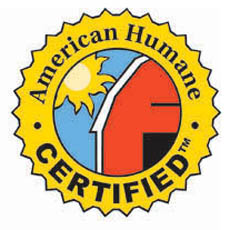TRENDS: Humane-Certified Meat & Poultry

If you’re passionate about animal care, ask |
Ten billion farm animals are raised for food each year in the United States. You know that USDA-certified organic meat sets certain standards for animal welfare: The animals have daily access to pasture or other free-range grazing and eat organic-certified feed. If family-farm raised, they also tend to be farmed by people who care about their animals.
But for those who are very concerned with animal welfare, there’s an even stronger certification from organizations that only focus on the topic. The certifications include American Humane Certified, Certified Humane and Animal Welfare Approved. (Whole Foods has its own “Animal Compassionate” program.) Their mission is to protect livestock—cattle, hogs, sheep and poultry—from inhumane treatment, both on the farm and in transit. |
|
| These programs are voluntary and are open to livestock producers who meet the rigorous standards of raising and handling their animals. Those who are certified are permitted to use the program’s certification label on their products. The programs provide third-party, independent verification that certified producers’ care and handling of farm animals meet the science-based animal welfare standards of the certifying organization.
The concept of certifying animal foods as being humanely raised is relatively new, and not all animal welfare scientists agree on what standards are appropriate. Thus, differences exist among the programs, most significantly, whether factory-farming systems should be approved in addition to family farms. Some programs admit family farms only.
|
||

